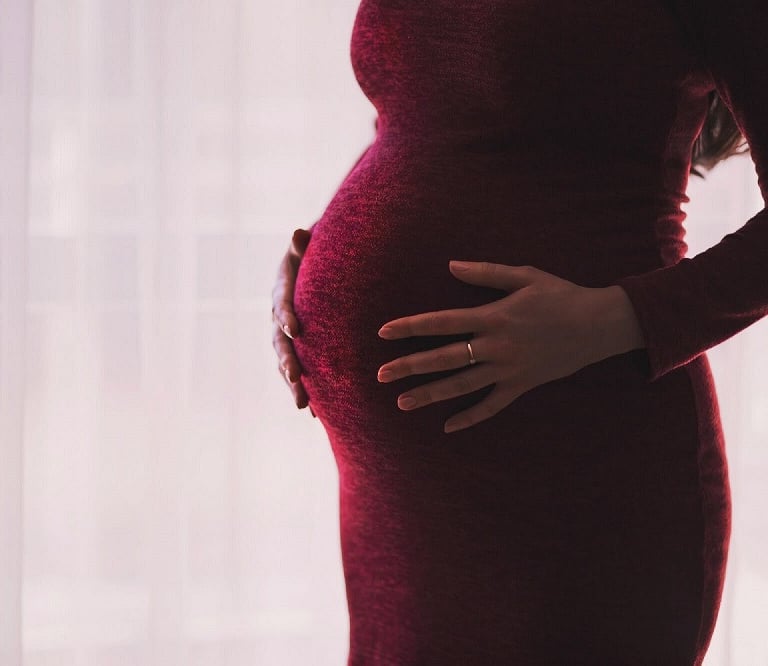What to eat during pregnancy?


which in later life translates into greater fat storage and an increased risk of diabetes, obesity, and high blood pressure. Other pathologies also appear to be at increased risk, such as kidney failure and behavioral disorders. Restrictive diets should therefore be avoided during pregnancy.
Conversely, overeating is also to be avoided, as it can lead to macrosomia, i.e., a baby weighing in excess of four kilos. Macrosomia also increases the risk of diabetes, obesity, and high blood pressure in the child's later life.
No fish during pregnancy, because of the risk of heavy metal contamination.
A pregnant woman's diet should be as natural and varied as possible. It’s also advisable to avoid coffee, which increases the risk of miscarriage. Vegetarianism should also be avoided, as it can lead to serious deficiencies. Nutrient intake must be adequate, particularly in terms of B vitamins, magnesium, zinc, iodine, and iron.
In terms of supplementation, it is advisable to supplement with:
Vitamin B9 in the form of natural methylfolates (5-methyltetrahydrofolate), ideally started at least three months before conception. It reduces the risk of neural tube defects and mental disorders such as schizophrenia).
Probiotics, to care for the intestinal microbiota from which the fetus benefits. Antibiotics should be avoided during pregnancy, unless really necessary, as they deplete and unbalance the mother's intestinal microbiota.
Magnesium (at a dose of 600 mg/d). It reduces the risk of pre-eclampsia and eclampsia, which can be fatal, as well as gestational diabetes.
Omega 3 DHA and EPA. They also reduce the risk of eclampsia. Be careful not to take them during the last two months of pregnancy, as they thin the blood.
If depression occurs during pregnancy, it may be due to overconsumption of vitamin B3 by the liver to destroy estrogens, resulting in serotonin deficiency (there is competition for tryptophan between serotonin and vitamin B3 synthesis). In this case, supplementation with vitamin B3 is indicated.
To find out more, also read these articles:
On the links between fertility and diet: https://isabellemaesnutrition.com/en/fertility
On choosing an infant formula if you’re not breast-feeding: https://isabellemaesnutrition.com/en/infant-formulas
Pregant woman picture from freestocks
Pregnancy is a time when you need to adapt your diet
First of all, there's no general rule for increasing a mother-to-be's energy intake. She doesn't necessarily have to eat for two, as her metabolism adapts, absorbing more calories from the same intake. Things need to be seen on a case-by-case basis, according to the evolution of her weight gain and the development of the fetus.
Undernutrition in the mother-to-be during pregnancy is to be avoided, as it not only leads to low birth weight, but above all to the programming of a thrifty phenotype in the child,
